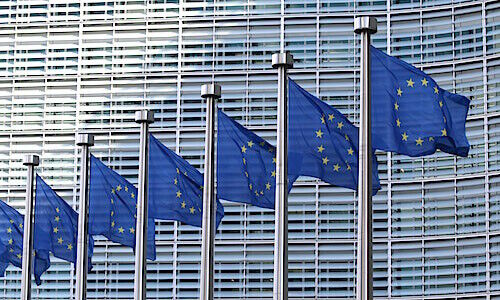What Could the EU-China Deal Freeze Mean for Banks?
Two months after China countered sanction for sanction with the European Parliament, the fate of the major Comprehensive Agreement on Investment is now in jeopardy. What does this mean for Europe’s financial firms?
Within the China-EU Comprehensive Agreement on Investment (CAI), financial services is one among many sectors where greater access into the mainland would be granted.
According to the European Commission, «China had already started the process of gradually liberalizing the financial services sector and will grant and commit to keep that opening to EU investors», highlighting removal of joint venture requirements and ownership limits across sub-sectors.
But a recent diplomatic spat between Beijing and Members of the European Parliament (MEP) has now put the major deal in jeopardy. What will this mean for Europe’s financial firms? finews.asia reviews the recent developments.
First Sanctions Since 1989
In March, the EU imposed sanctions against Chinese officials over alleged mistreatment of the Uyghur Muslim minority in the Xinjiang region, marking Europe's first human rights sanctions against the country since the 1989 Tiananmen Square incident.
China immediately countered by sanctioning dozens of MEPs and just earlier today, the EU Commission announced that the CAI deal could be untenable due to soured relations.
EU Financials: Disappointed or Undeterred?
According to a report by state-owned media «Global Times» citing Dong Dengxin, a director from Wuhan University of Science and Technology, European financial firms’ investment trends will be unaffected by CAI-related hurdles.
But European financiers may suggest otherwise. For example, UBS said in a note earlier this year that the CAI deal would enable EU firms to benefit from greater operating freedom, market access and, in particular, rules to create a more level playing field against domestic competitors.
«For the first time, China has laid out clear rules on disciplining state-owned enterprises, subsidy transparency, and provisions on sustainable development in terms of labor rights and climate change, in addition to rules against forced technology transfers,» said the bank’s chief China economist Yifan Hu in the note.
Continued Opening
- Page 1 of 2
- Next >>






















